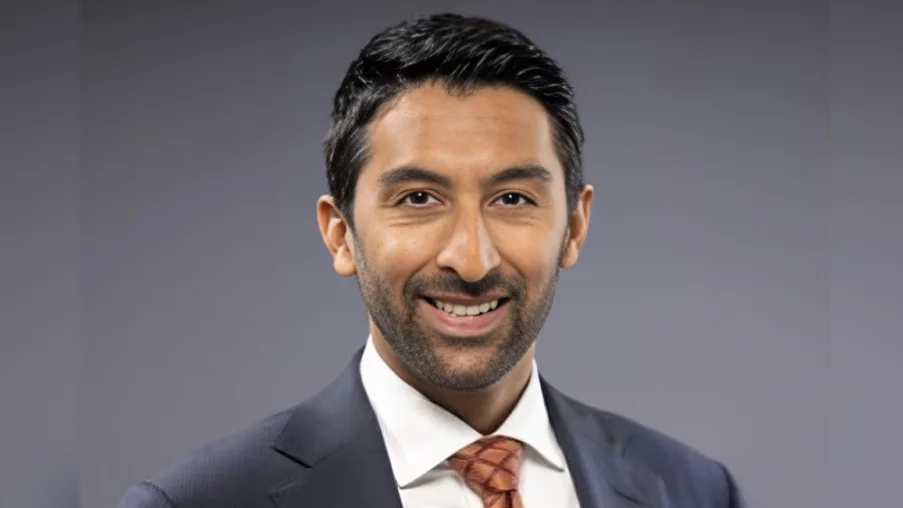
The upcoming election season in the United States coincides with Halloween, a time when many feel exhausted by the constant stream of campaign ads and messages. This period of heightened political activity often brings about tension and fatigue among citizens. Despite these challenges, there is a recognition of the privilege it is to participate in the democratic process.
American elections are regarded as a model worldwide, showcasing the resilience and strength of democratic institutions. The upcoming elections will allow citizens to exercise their right to vote and choose representatives, highlighting the unique voice Americans have in governance compared to other nations throughout history.
Acknowledgment is given to election officials and volunteers who play a crucial role in overseeing the electoral process. These individuals represent community involvement at its core, taking time off work to ensure fair voting practices. Such efforts demonstrate self-governance within a constitutional republic.
Confidence in this system grows when officials from different political backgrounds collaborate to maintain fairness. Even amidst unexpected challenges like Hurricane Helene in North Carolina, measures were taken to ensure voters could still cast their ballots. The bipartisan North Carolina State Board of Elections approved emergency actions to address these obstacles.
Emily Seidel, President and CEO of AFP, emphasized: "America’s system of constitutional self-governance is the envy of the world." She acknowledged ongoing efforts needed to fulfill the promises outlined in foundational documents like the Declaration of Independence.
While politics can sometimes seem divisive, there is comfort found in remembering that power ultimately lies with "We the People," contributing to America's resilience.
In related news, research by More in Common has explored perceptions surrounding faith in America. Their report titled Promising Revelations: Undoing the False Impressions of America’s Faithful examines myths about religious beliefs across various faiths. Findings indicate significant gaps between perceived and actual beliefs held by people of faith.
The research aims to provide insights into how social media might mislead perceptions about fellow Americans' beliefs. Further exploration into this topic is expected in future discussions.